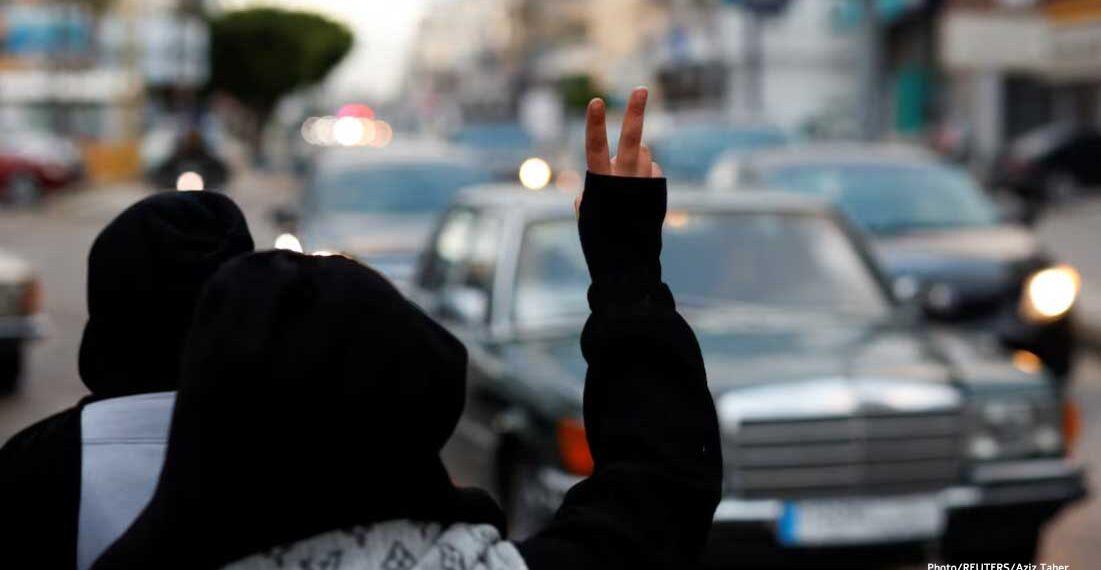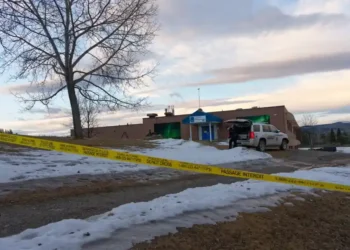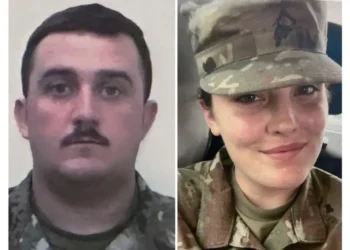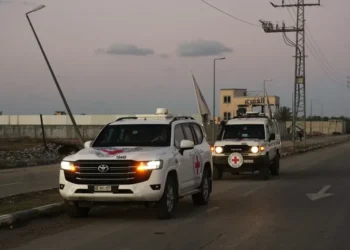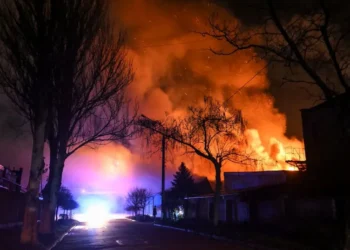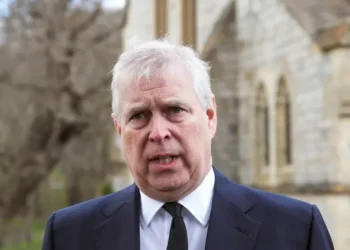Israel-Hezbollah Ceasefire Holds as Displaced Lebanese Begin Returning Home
BEIRUT, Nov 27 (Reuters) – A fragile ceasefire between Israel and Hezbollah, the Lebanese armed group, held on Wednesday after being brokered by the U.S. and France. The agreement has brought an end to 14 months of deadly cross-border conflict, enabling displaced civilians to start returning to their homes in the devastated border regions.
This truce marks a significant diplomatic breakthrough in a region long marred by conflict. While it has halted the bloodiest clashes in years between Israel and the Iran-backed Hezbollah, Israel continues its separate war with Hamas in the Gaza Strip.
Displaced Families Return to Devastated Homes
In Lebanon, cars loaded with belongings such as mattresses, suitcases, and furniture filled the roads southward, particularly through Tyre, a city heavily bombed during the fighting. The Lebanese Health Ministry reported that approximately 1.4 million people were displaced by the violence.
In the village of Zibqin, one returning resident, Asya Atwi, stood amidst the ruins of her home with her family. Despite the devastation, she expressed defiance:
“The important thing is that we’re back, against Israel’s will and against the will of all the enemies. We will sleep on the rubble.”
Similarly, Zahi Hijazi, a 67-year-old resident of Beirut’s southern suburbs, surveyed the destruction of his apartment, calling it the loss of a lifetime’s savings.
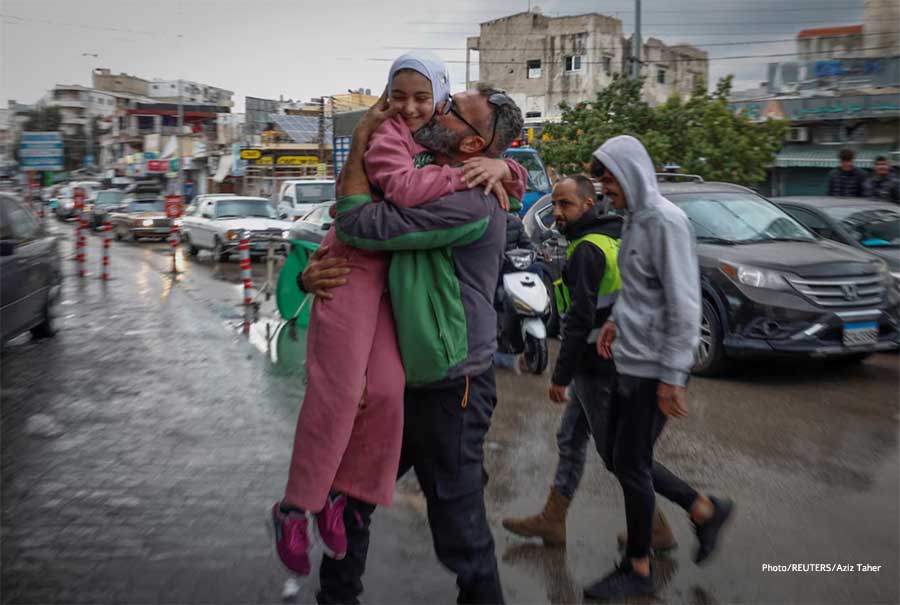
Hezbollah Remains Defiant
In its first official statement since the ceasefire, Hezbollah avoided mentioning the agreement directly but reaffirmed its readiness to confront Israel. The group pledged to monitor Israel’s withdrawal from Lebanon, claiming its fighters were prepared to act if necessary. Hezbollah has suffered significant setbacks during the conflict, including the loss of its leader, Sayyed Hassan Nasrallah.
Casualties and Damage
The conflict has killed at least 3,768 people in Lebanon, according to official health reports, and caused widespread destruction across the country. In response to Hezbollah rocket attacks that began in October 2023, Israel launched extensive strikes on Lebanese towns and cities, including Beirut’s southern suburbs.
In Israel, displaced residents have also begun returning to border areas. However, the scars of conflict remain evident. Asor Gal’it, returning to the border town of Metula, expressed mixed feelings:
“We heard some shots when we arrived, but we trust our army. Let’s hope for the best.”
Ceasefire Terms and Enforcement
Under the agreement, Israeli forces are allowed to remain in southern Lebanon for 60 days to ensure a smooth withdrawal. The Lebanese army, tasked with overseeing the truce, has begun deploying additional troops south of the Litani River, an area previously bombarded by Israeli forces.
Israeli military officials have warned that any breaches of the ceasefire will be met with swift action. Israel’s Chief of General Staff, Herzi Halevi, stated:
“Hezbollah operatives approaching our forces or border villages will be struck. We’re preparing for the possibility that this truce may not hold.”
Diplomatic Efforts Shift to Gaza
While the truce has brought some relief to Lebanon, Gaza remains mired in conflict. Israel has vowed to continue its military campaign against Hamas, following the group’s deadly attacks on Israeli communities in October 2023.
U.S. President Joe Biden, speaking shortly after the ceasefire was approved by Israel, called it a step toward lasting peace:
“This agreement is designed to ensure that Hezbollah and other terrorist organizations can no longer threaten Israel’s security. Our efforts now focus on achieving a similar truce in Gaza.”
Meanwhile, many in Gaza feel abandoned. Displaced resident Malak Abu Laila expressed despair:
“We hope for mercy and a truce here because we are exhausted.”
A Fragile Hope
The ceasefire between Israel and Hezbollah has offered a glimmer of stability in a turbulent region. However, the challenges of rebuilding and ensuring lasting peace remain immense, particularly as violence continues in Gaza. For now, those returning home in Lebanon and Israel are left to rebuild their lives amid the ruins of war.
Photo/REUTERS/Aziz Taher
This article was rewritten by JournosNews.com based on verified reporting from trusted sources. The content has been independently reviewed, fact-checked, and edited for accuracy, neutrality, tone, and global readability in accordance with Google News and AdSense standards.
All opinions, quotes, or statements from contributors, experts, or sourced organizations do not necessarily reflect the views of JournosNews.com. JournosNews.com maintains full editorial independence from any external funders, sponsors, or organizations.
Stay informed with JournosNews.com — your trusted source for verified global reporting and in-depth analysis. Follow us on Google News, BlueSky, and X for real-time updates.
